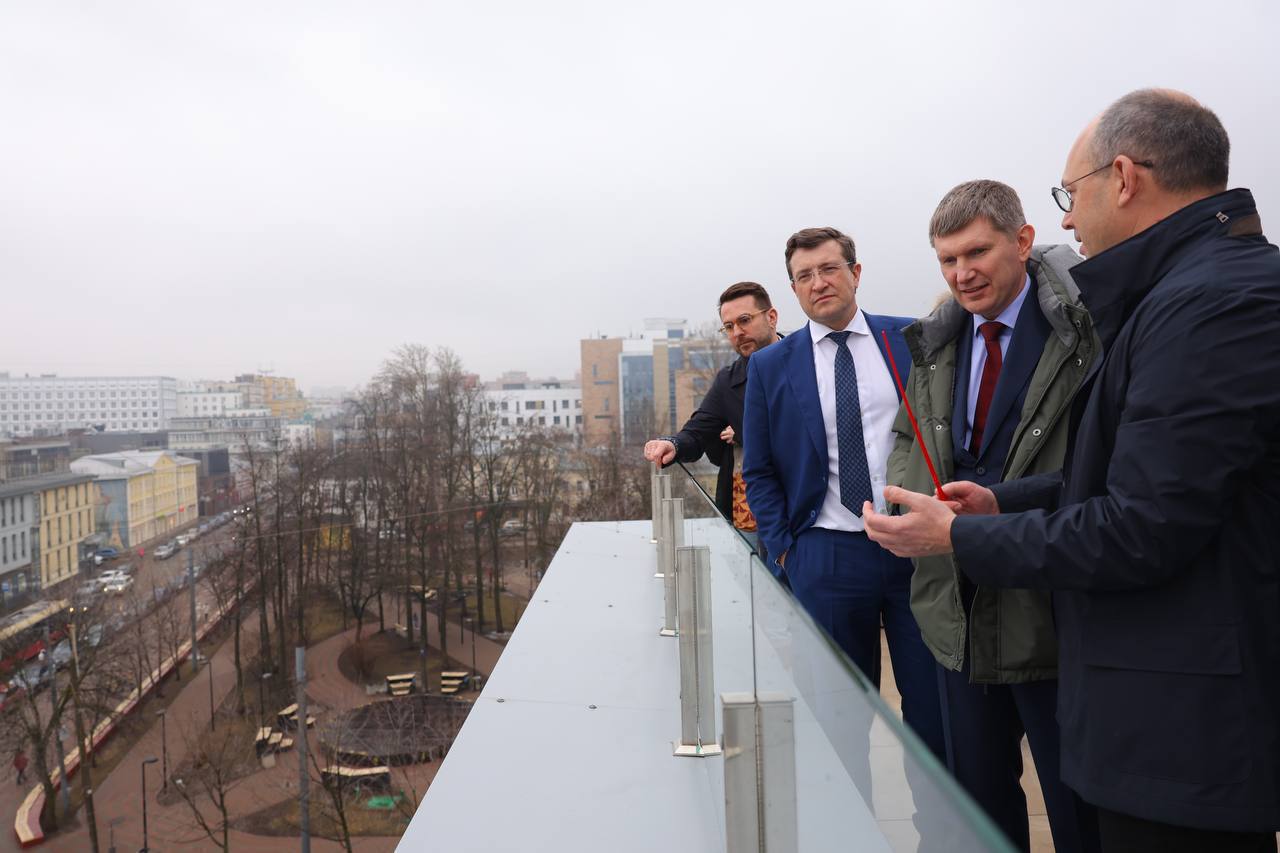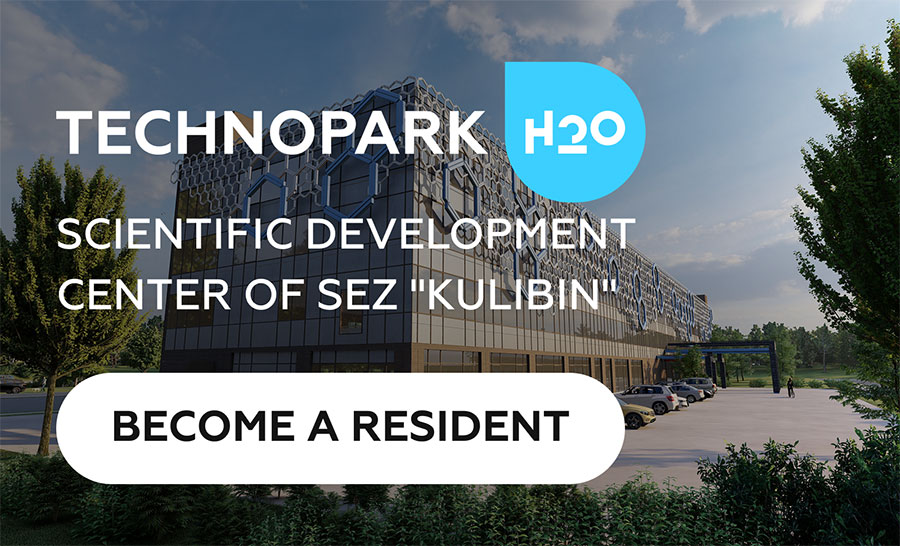Events and news
News

Maxim Reshetnikov: “Nizhny Novgorod Region Successfully Combines Various Federal Support Tools”
The Nizhny Novgorod Region is successfully combining various federal support tools, stated Maxim Reshetnikov, Minister of Economic Development of the Russian Federation, during his working visit to Nizhny Novgorod.
“Nizhny Novgorod is a great example of how to intelligently combine various support measures to achieve positive dynamics for the city: the urban environment, embankments, development, education and healthcare quality, and transport infrastructure are all improving. Together, these create a sustainable and productive economy. At the core of this is the competent work of regional authorities, leveraging federal opportunities created in the country thanks to the President of Russia,” said Maxim Reshetnikov.
Accompanied by Gleb Nikitin, Governor of the Nizhny Novgorod Region, the Minister visited several sites.
At the Nizhny Novgorod Automobile Plant, Reshetnikov inspected an exhibition of tourist buses produced by Russian manufacturers. These included the large-class “Cruise” bus, the mid-sized Citymax 8, the compact “Gazelle City” in VIP configuration, and the all-wheel-drive minivan “Sobol NN.” These models, ranging fr om small to large capacity, will help transport companies organize comfortable trips for tourist groups of various sizes.
Reshetnikov was also presented with plans for further development of tourism infrastructure, including under the new national project “Tourism and Hospitality.” The Minister visited the construction site of a five-star hotel in the historic center of Nizhny Novgorod. Gleb Nikitin showcased several hotel construction projects in Nizhny Novgorod, Gorodets, and Kulebaki, implemented under the federal preferential lending program of the Ministry of Economic Development.
“New collective accommodations are as essential as air for us—this is the top priority for developing the region’s tourism potential. There’s even a legend in Moscow that it’s impossible to book a room in Nizhny Novgorod, though of course, that’s not true. Thanks to the support of the Ministry of Economic Development and personally Maxim Gennadievich, we are implementing breakthrough projects. In 2024, for example, five investment projects for hotel construction were included in the preferential lending program. They will be completed in 2026–2028, adding nearly 800 new rooms. One of these projects, which Nizhny Novgorod residents have surely heard of, is the ‘Ecopark at the Rowing Canal’: construction is in full swing under the ski jump, and walls are already rising wh ere there were piles of earth just yesterday,” said Gleb Nikitin.
The Governor emphasized that the region is actively engaging in all new initiatives of the Ministry of Economic Development.
“We submit high-quality applications for competitions, win selections, receive support, and improve infrastructure in selected localities. Then, using this positive experience, we implement similar practices in other parts of the region using the regional budget,” he added.
To conclude the visit, Maxim Reshetnikov and Gleb Nikitin held a meeting on the implementation of the federal project “Labor Productivity” under the national initiative “Efficient and Competitive Economy.” They discussed the adoption of lean technologies at regional enterprises and prospects for integrating the production system into other sectors. They also visited the Process Robotics and Automation Factory at the Regional Competence Center, which recently launched in Nizhny Novgorod.
The “Tourism and Hospitality” national project, initiated by Russian President Vladimir Putin, is the successor to the “Tourism and Hospitality Industry” project. It aims to develop tourism infrastructure, produce domestic goods for the industry, and train personnel.
The “Efficient and Competitive Economy” national project addresses tasks previously covered by the “Small and Medium Enterprises” and “Labor Productivity” projects.
Its goals include economic development, financial market growth, competition support, entrepreneurship promotion, productivity and investment growth, and reducing environmental impact. Special attention is given to industrial sectors, high technologies, and youth entrepreneurship.









